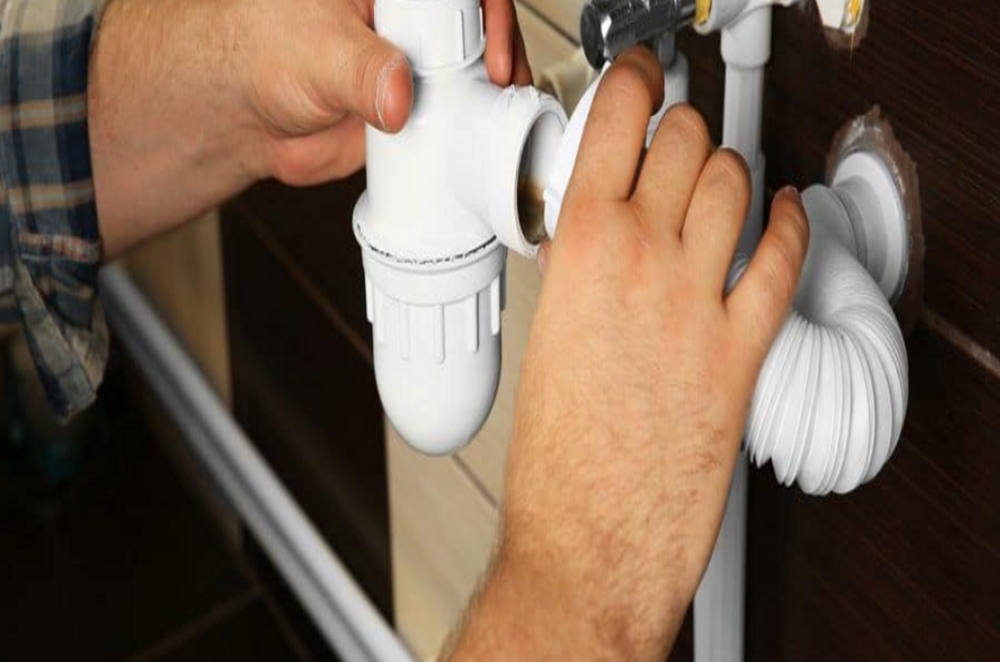Choosing a Plumber in Sydney: What to Know

Finding a plumber in Sydney can feel like more effort than you planned for. You might think it’s just about booking someone fast when the sink floods or a pipe starts hissing. But it’s not that simple. Over the years, I’ve seen too many folks grab the first number online and end up with sloppy work or surprise fees. It doesn’t have to be that way. Spending even half an hour checking details and getting clear answers can save you a lot of stress later. It also helps to understand what a plumbing service in Sydney actually includes, so nothing catches you off guard.
Checking credentials and licensing
You wouldn’t let just anyone mess around with your wiring, and plumbing’s no different. A licence isn’t some optional extra. It shows the person knows safety codes and has the training to do the job properly. I’ve learned to ask about this upfront, even if it feels awkward.
-
Look for a valid NSW plumbing licence number
-
Ask if they have insurance that covers property damage
-
Make sure they’ve handled similar work before
-
Confirm they follow council approval rules
A simple check now can save you a string of headaches if something goes sideways.
Understanding plumbing regulations in NSW
There’s a lot more to plumbing rules than most people expect. Some standards deal with backflow and water safety, while others cover how drains are installed. You don’t have to memorise them all, but a good plumber should be across the details. The plumbing code standards help set the benchmark.
-
Installations must meet AS/NZS 3500 standards
-
Certain work needs inspection certificates
-
Regulations include water efficiency requirements
-
Only licensed trades can handle gas systems
If your plumber seems vague about this stuff, that’s usually a sign to keep looking.
Comparing quotes and inclusions
It’s easy to think all quotes are basically the same. But trust me, they’re not. One plumber’s “fixed price” might include parts, clean-up, and a warranty, while another tacks those on later. I learned this the hard way after a leaking pipe turned into an unexpected invoice.
-
Clear itemised pricing, not just a total
-
Warranty coverage for both labour and parts
-
Clarify hourly rates versus flat fees
-
Find out about after-hours call-out costs
Reading the fine print might feel boring, but it can save a lot of arguments later.
Knowing when it’s time to upgrade
Sometimes repairs only go so far before replacement makes more sense. Old pipes, corroded fittings, or constant blockages can be signs it’s time for an upgrade rather than another quick fix. I’ve seen houses where patching leaks became a regular expense that cost more in the long run.
-
Pipes showing signs of rust or cracks
-
Water pressure that never improves
-
Drains needing constant clearing
-
Fixtures are leaking despite multiple repairs
Recognising when a system has reached the end of its life can save you money and hassle down the track.
Communication and reliability
Sometimes you can tell right away if someone’s going to be helpful. That first phone call matters more than people think. If they can’t be bothered to return messages, it doesn’t get better once the job starts.
-
Replies to calls or emails promptly
-
Explains what they’ll do without jargon
-
Sends confirmation in writing
-
Shows up when they say, or at least calls if delayed
Good communication often goes hand in hand with good workmanship.
Types of plumbing services to expect
Most reputable plumbers can handle more than one type of job. Sure, you might call them about a single leak, but knowing what else they do helps if other problems pop up down the track.
-
Leak detection and pipe repairs
-
Installing taps, toilets, or dishwashers
-
Clearing drains and maintaining systems
-
Gas fitting and hot water services
Having one reliable contact for all of it can save you time when emergencies happen.
Modern plumbing methods and tools
Plumbing’s not just about spanners and plungers anymore. These days, good plumbers use gear that finds problems faster and fixes them with less hassle. I’ve seen camera inspections spot hidden cracks that no one could see from the outside.
-
CCTV inspections for pipes
-
Pipe relining instead of digging trenches
-
Thermal imaging to detect leaks
-
Water-saving fixtures and smart controls
Asking about their equipment gives you a sense of whether they keep up with newer methods.
Finding someone you can trust
You don’t always pick the cheapest plumber. Sometimes it’s about who feels reliable. A lot of people I know are willing to spend a bit extra for someone honest and upfront. Doing some research to find a reliable plumber can help you narrow it down.
-
Friends or neighbours with first-hand recommendations
-
Reviews that talk about real experiences, not just stars
-
Consistent pricing that doesn’t jump around
-
A clear commitment to stand by the work
Peace of mind is worth paying for, especially if it means fewer surprises later.
The value of regular maintenance
A lot of plumbing disasters start small. That slow drip under the sink? It can turn into a burst pipe if ignored. Regular maintenance is usually cheaper and less stressful than emergency repairs.
-
Yearly checks for hidden leaks
-
Flushing out hot water tanks
-
Inspecting hoses and fittings
-
Testing drains to keep them flowing
It’s one of those things people often skip, but it saves a lot of money over time.
Wrapping up: A few final thoughts
Finding the right plumber in Sydney isn’t just about fixing something fast. It’s about protecting your home and avoiding bigger problems later. When you take the time to ask questions, check licences, and read quotes carefully, you’re more likely to get work that lasts. And in the end, that’s what really matters—knowing your plumbing’s sorted by someone who knows their trade and respects your home. A little preparation now can save you a lot of headaches later on.





